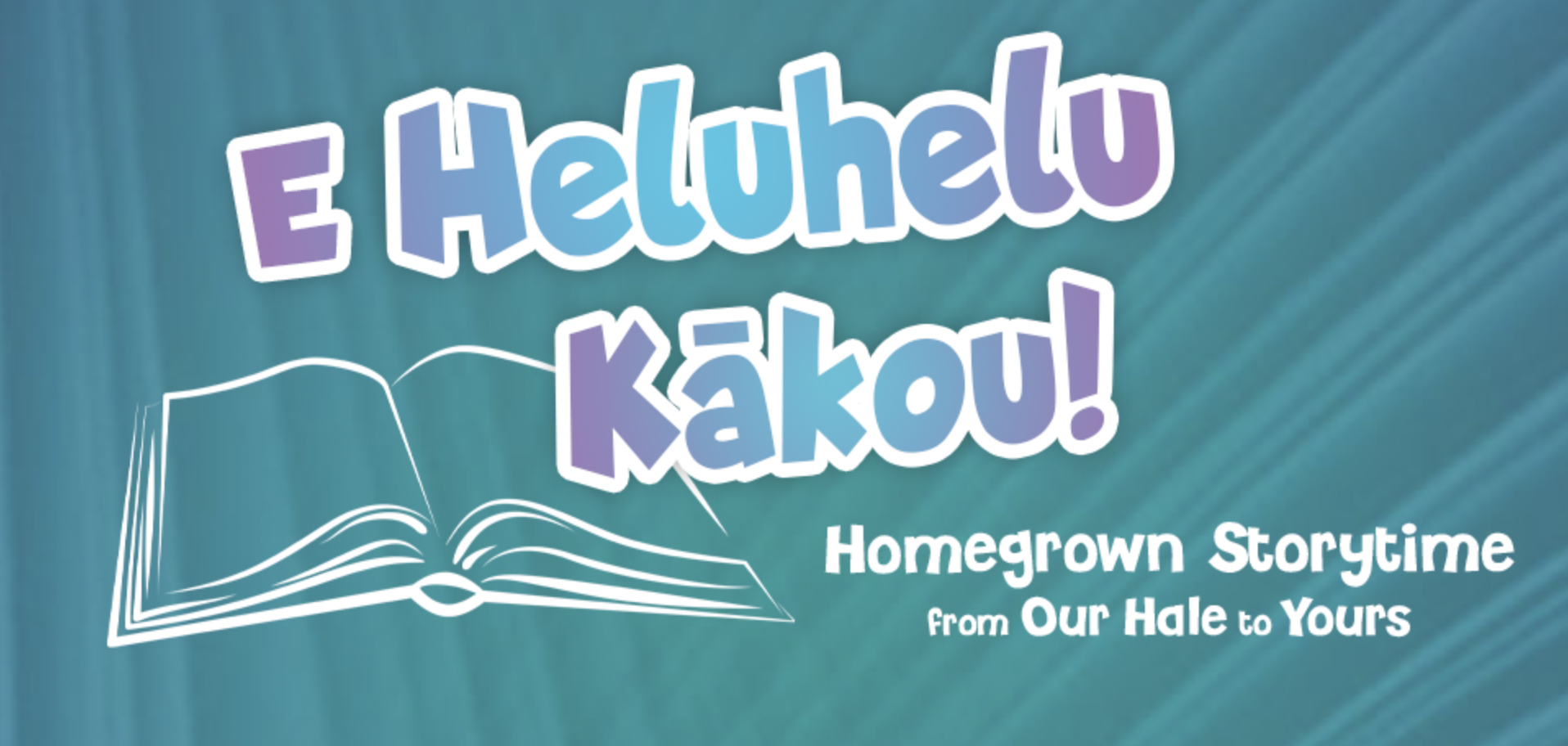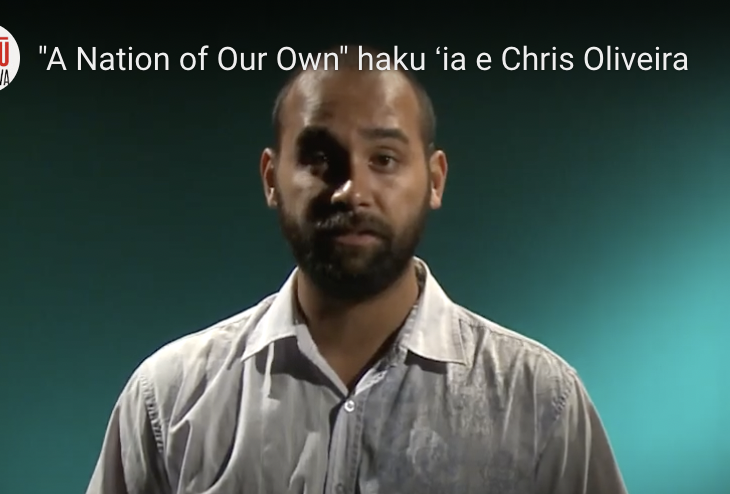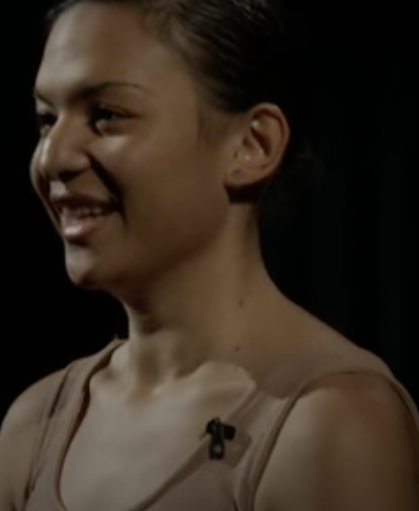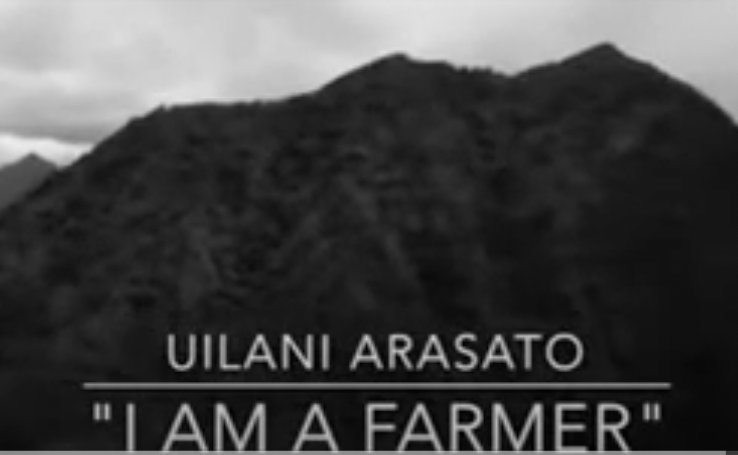Come along with Joe and Mara as they hunt for the night marchers in March On, the hilariously spooky video by my friend, the writer and storyteller Courtney Takabayashi. Be sure to watch through the credits for the lovable eccentric, Uncle Kimo. Courtneyʻs video is a past winner of the Halloween Video Contest sponsored by the Honolulu Star-Advertiser and Hawaii News Now.
The working mom of a toddler and a couple of fun-loving cats, Courtney admits that her website is a bit out of date, so to contact her, follow her on Instagram.
Posted with permission by Courtney Takabayashi.
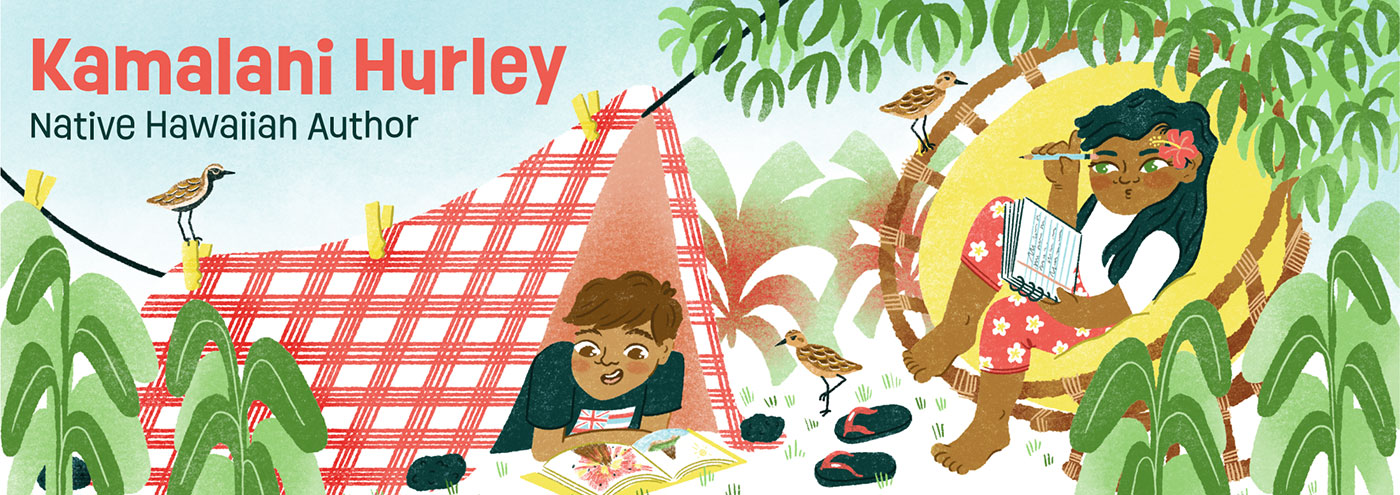
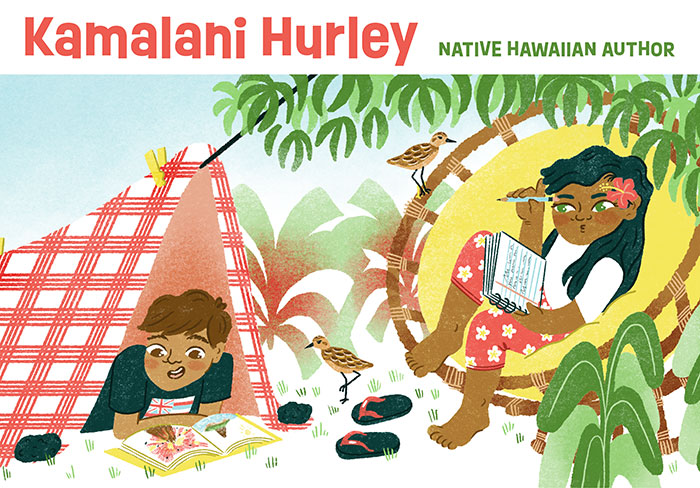
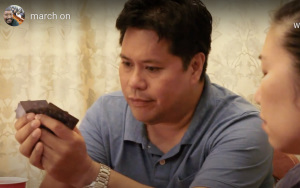
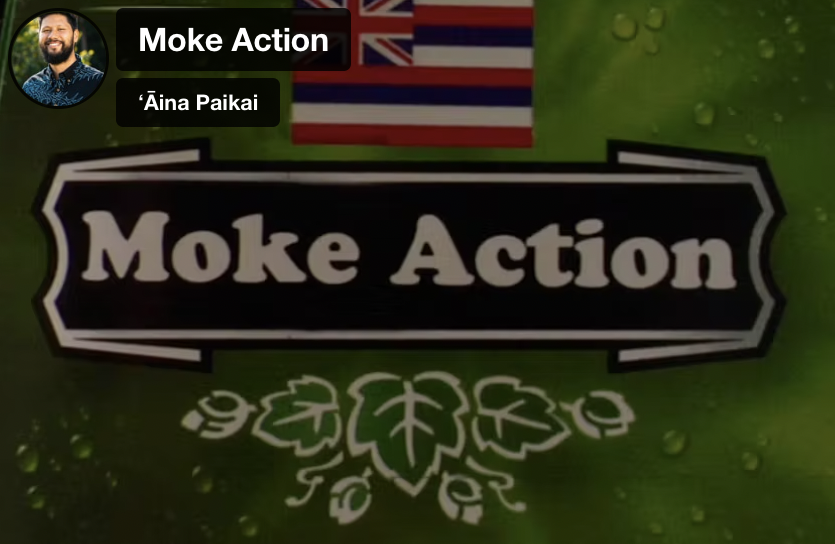
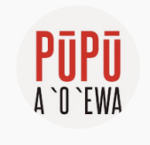 Hawaiʻi Creole English — called “pidgin” by its native speakers — dates back 100 years to the sugar plantation days. Immigrant workers, first from China, then Japan and other countries, needed a way to communicate with their fellow workers and with the people who lived among them, the Native Hawaiians. Pidgin is still spoken in Hawaiʻi, and being fluent is a source of great pride by its speakers. Pidgin is what makes us local.
Hawaiʻi Creole English — called “pidgin” by its native speakers — dates back 100 years to the sugar plantation days. Immigrant workers, first from China, then Japan and other countries, needed a way to communicate with their fellow workers and with the people who lived among them, the Native Hawaiians. Pidgin is still spoken in Hawaiʻi, and being fluent is a source of great pride by its speakers. Pidgin is what makes us local.